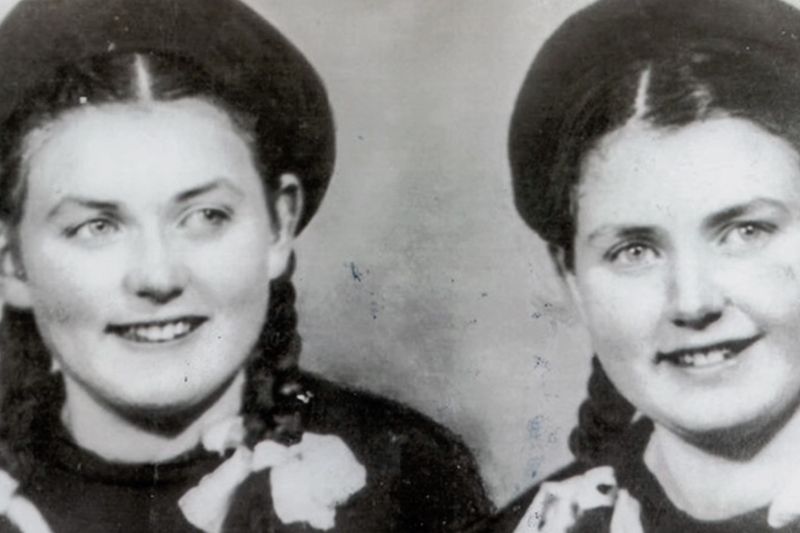It is a long time since I was in a place where I knew nothing of the language and customs, but such was the case recently: I am just back from Warsaw, where my second son and his family are currently living, studying, and working. Not to mention adjusting to a place that is so very different from their Greek homeland.

When in foreign parts, I like to read up on history; I also like to visit churches. I knew that the history of Warsaw was deeply sad, but visiting various museums and dipping into a selection of books made me realise the depth of the sadness, and the magnitude of horror that one part of humanity can inflict on another. Yet we also have to acknowledge the miracle that the human spirit can accomplish, for the Warsaw that was a flattened ruin in 1944 has risen again into a beautifully restored city, one that is safe and comfortably negotiable via an efficient system of public transport, one with wide streets and many green spaces. Then there are the lovely buildings of the Old Town, and its views of the Vistula.
The Poles defended their capital city as best they could in the face of the 1939 invasion. On the first morning of my stay, I was taken to a large graveyard where the defenders of Warsaw lie. It is an austere and touching sight, with many of the dead being known only to God. Close by is the Sanctuary Church of St Andrew Bobola, this saint’s major shrine. Greek churches are unchanging in design, but this one is modern, with some of the most beautiful stained glass I have ever seen.
There is nothing like being in a foreign country to show up one’s ignorance: I knew nothing of this particular St Andrew. But, as my father once remarked, I am a perennial student, and so started to fill the yawning gaps. St Andrew Bobola, a Jesuit, is the patron saint of Poland, and is also known as the Apostle of Lithuania, and as a ‘Hunter of Souls.’ He lived from 1591 until 1657, when he was horribly tortured and eventually killed by marauding Cossacks. He was canonised in 1938.
I think the main point to learn about St Andrew Bobola is his capacity for forgiveness. Even while he was being tormented, and he was until the end, he continued to express his forgiveness of his persecutors.
While in Warsaw, I read the memoir The Twins of Auschwitz, which was written by Eva Mozes Kor, a Romanian Jew. Eva was ten years old when her family was forced to leave Romania for Auschwitz. She and her twin sister Miriam survived the ordeal of the camp, and the dreadful experiments of the infamous Dr Mengele, who regarded identical twins as his special area of study. But after arriving at Auschwitz, the girls never saw their parents or their two older sisters again.
'We must be able to forgive, and we must also ensure that we remember.'
The girls were liberated by the Russians in January 1945, and eventually settled in Israel, and later the USA. Eva eventually began to try to contact other sets of survivor twins, formed an organisation with this aim in mind, and in time succeeded in tracking down more than a hundred people. She and Miriam also began revisiting Auschwitz with the notion of remembrance and reconciliation in mind.
At one stage Eva met a Nazi doctor, and was subsequently moved to forgive him. Later, she said she had forgiven all Nazis, and also her parents, whom she had hitherto hated for what she saw as their lack of protection in not taking the family away from Romania while they had the chance. Her forgiveness of the Nazis caused controversy, but she was careful to emphasise that her forgiveness was an individual, personal decision, and not one made on behalf of Jewry as a whole.
Eva expressed her ideas about forgiveness, seeing it as helping the individual healing process, in that she considered it as benefiting the victim just as much as the perpetrator. She said she felt a burden of pain had been lifted from her during this act of forgiveness, and that henceforth she had more power over her life as a survivor. Anger and hate, she said, were seeds for war, while forgiveness was a seed for peace.
Yes, we must be able to forgive, and we must also ensure that we remember.
Gillian Bouras is an expatriate Australian writer who has written several books, stories and articles, many of them dealing with her experiences as an Australian woman in Greece.
Main image: Eva Mozes Kor (IMDb)